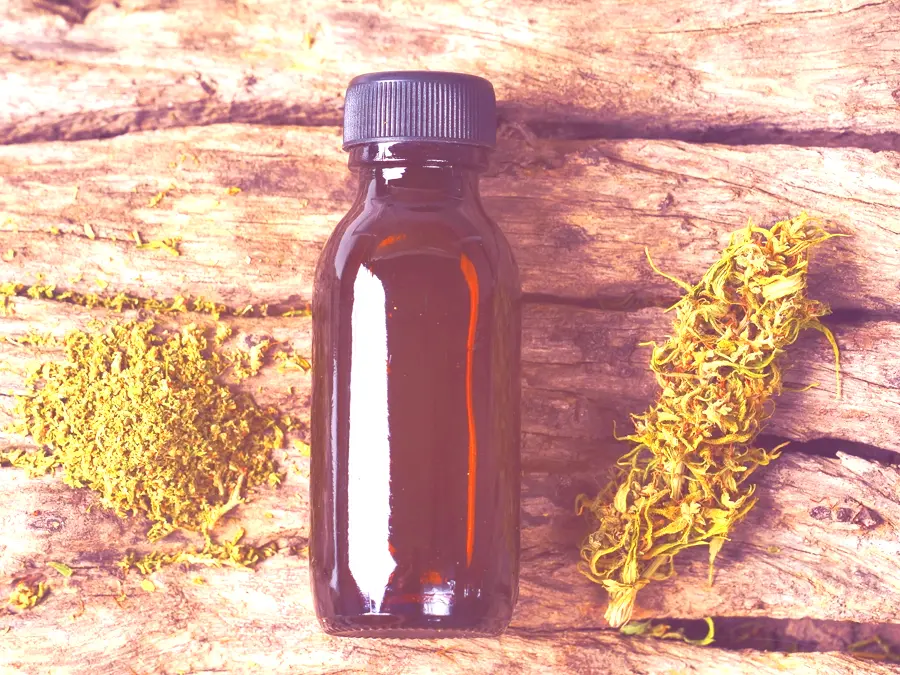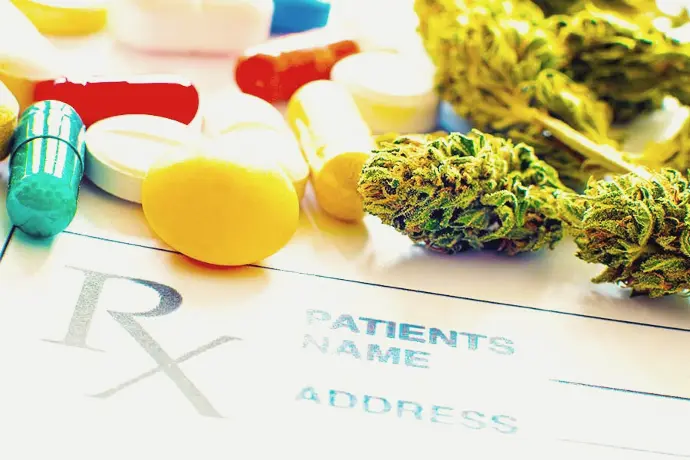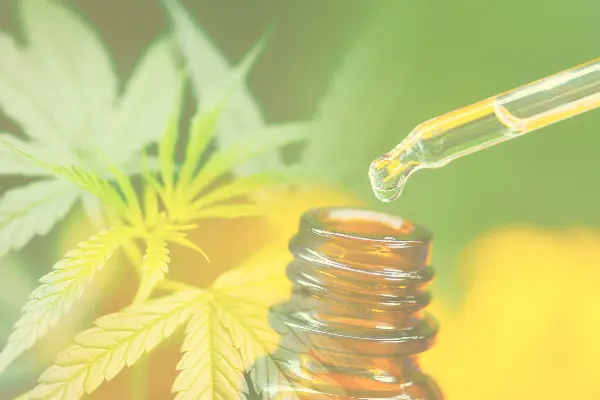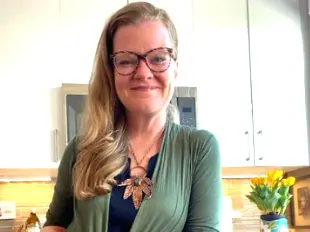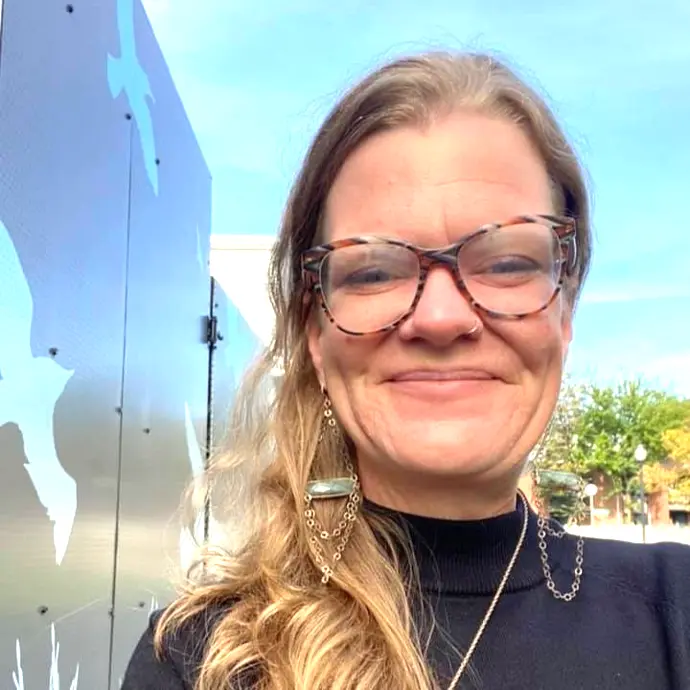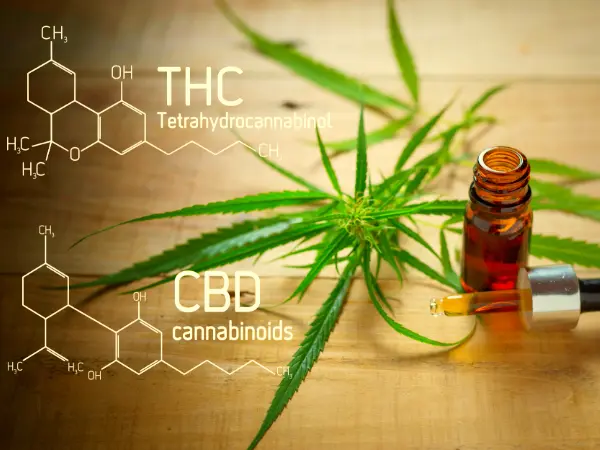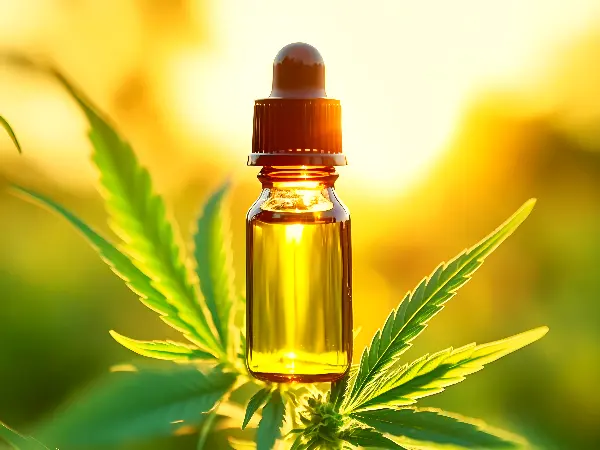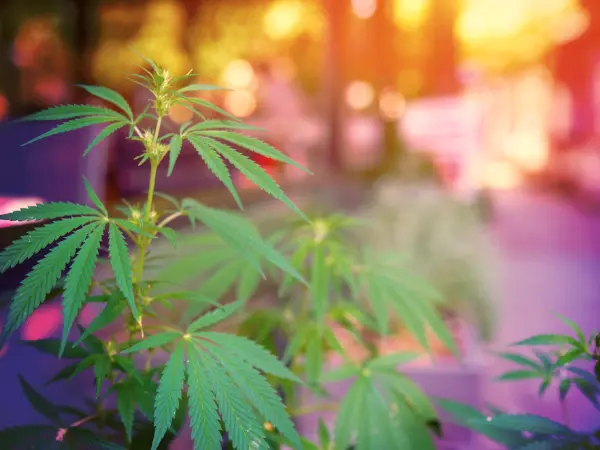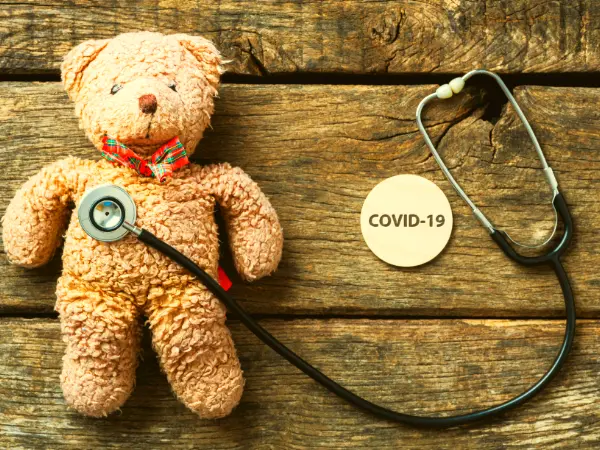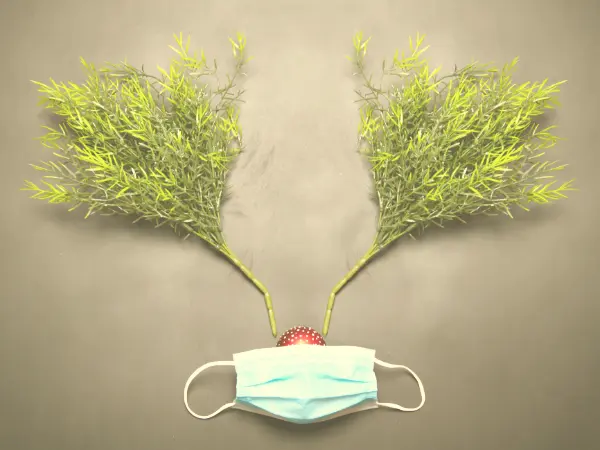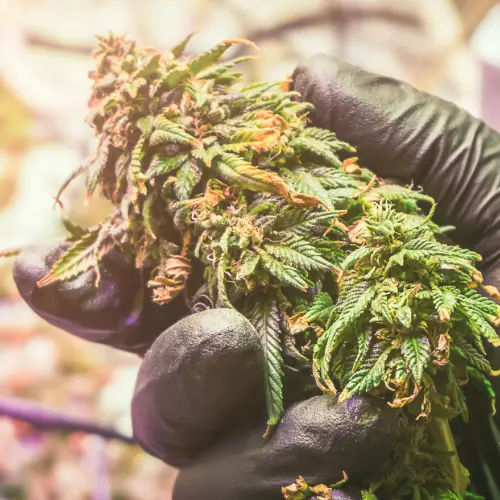In the ongoing battle against the opioid crisis, an ally for support emerges: cannabis. Studies and expert opinions, including insights from Dr. Peter Grinspoon suggest its potential as a tool for harm reduction. This comprehensive look into the benefits of cannabis, inspired by groundbreaking research reported by Forbes, showcases innovative strategies to mitigate the impact of substance use disorders, pointing towards a brighter, more inclusive future in public health responses.
Unveiling the Potential of Cannabis for Harm Reduction
Forbes recently shed light on a pioneering study indicating that free marijuana, distributed through harm reduction programs, could markedly diminish drug overdose deaths and enhance the quality of life for individuals with substance use disorders. Conducted in rural Michigan, this innovative research in the United States highlights the viability and sustainability of cannabis donation programs, a testament to the progressive stance on alternative medicine for harm reduction.
The findings from "cannabis-experienced harm reduction clients" who received free weekly cannabis underscored notable benefits, including pain relief, improved recovery outcomes, and enhanced safety for both clients and the broader community. This compelling evidence corroborates Dr. Grinspoon's observations in his clinical practice, emphasizing the need for more robust research into cannabis as a harm reduction strategy.
Expert Insights: Dr. Peter Grinspoon and the Call for More Research
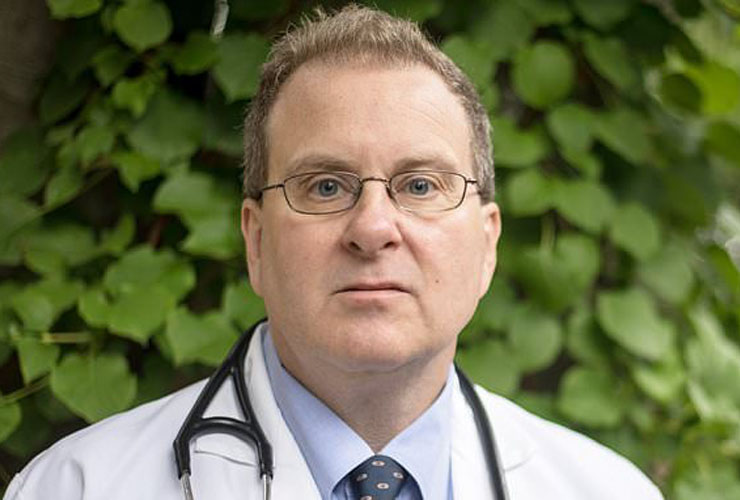
Dr. Grinspoon, serving as a Scientific Advisor to the Cannabis Center of Excellence, recognizes the importance of traditional medications like methadone and buprenorphine/Suboxone in opioid use disorder treatment. However, he also acknowledges the promising role of cannabis in addressing factors fueling addiction, such as untreated anxiety and undertreated pain, Grinspoon stated, "...
cannabis can help with many of the things that fuel opioid addiction, or alcohol use disorder, such as untreated anxiety, withdrawal symptoms, undertreated pain and insomnia.¹"
The authors of the study, cited by Forbes, advocate for deeper inquiry into the impacts of cannabis donation for harm reduction. They highlight the necessity of understanding the legal, regulatory, and best practices framework to support such programs, especially given the current overdose mortality crisis fueled by illicit substances like fentanyl.
Key Takeaways:
- Cannabis as Harm Reduction: Cannabis has shown potential in reducing the harmful effects of substance use disorders, including opioids, by alleviating pain, reducing withdrawal symptoms, and potentially decreasing the usage of more harmful substances.
- Need for Further Research: Despite promising results, there is a strong call for more robust, clinical research to understand the full potential and limitations of cannabis in harm reduction, including its long-term effects and how it compares to traditional treatments.
- Educational Outreach: Educating both the public and healthcare professionals about the potential benefits and risks of cannabis for harm reduction is crucial. Misinformation and stigma can hinder the adoption of cannabis as a viable part of harm reduction strategies.
- Policy and Legal Framework: The legal status of cannabis and regulatory barriers can significantly affect the implementation of harm reduction programs. Advocacy for policy reform is essential to facilitate research and application in clinical settings.
Activating Change: Implementing Cannabis Science for Public Health Advancement
As we delve deeper into the transformative potential of cannabis in addressing the opioid crisis and substance use disorders, the path forward calls for a unified action plan. The insights gained from pioneering studies and the dedicated efforts of the Cannabis Center of Excellence highlight a multi-faceted approach to harnessing cannabis for the greater good. Below, we outline pivotal actions that stakeholders, researchers, and the public can take to support this mission. These steps are designed to bridge the gap between current challenges and a future where cannabis is fully integrated into harm reduction strategies. Each action reflects a commitment to research, education, policy reform, and community engagement, underscoring the comprehensive approach necessary to turn potential into real-world solutions.
Concrete Steps Toward Cannabis-Driven Harm Reduction
- Champion Policy Reform: Mobilize to influence change by engaging with lawmakers, joining forces with advocacy organizations, and championing policies that bolster cannabis research and medical use. Efforts should focus on dismantling legal barriers that limit access to cannabis for those who stand to benefit most from its harm reduction capabilities.
- Fuel Research Endeavors: Actively support or engage in research initiatives aimed at delineating cannabis's efficacy in harm reduction. Partnering with leading bodies like the Cannabis Center of Excellence can enhance the scope and reach of such studies, bringing to light critical data needed to guide clinical practices and policy.
- Launch Educational Campaigns: Spearhead educational outreach targeting healthcare professionals, decision-makers, and the general public to dispel myths and illuminate the scientifically backed benefits and risks of cannabis use in harm reduction. Tailored programs can pave the way for a more informed and supportive societal view on cannabis.
- Develop and Support Community Programs: Advocate for and support the integration of cannabis into existing harm reduction programs, where legal. These community-centric initiatives can serve as vital models for demonstrating how cannabis can be safely and effectively incorporated into holistic strategies addressing substance use challenges.
- Facilitate Engaging Dialogues: Organize or participate in webinar series, forums, and public discussions to elevate the conversation around cannabis and harm reduction. Utilize these platforms for knowledge exchange, sharing personal success stories, and exploring new research directions with a broad audience.
This strategic action plan represents a holistic approach to advancing the conversation around cannabis and harm reduction. By embracing these steps, we can collectively move towards a more inclusive and effective public health response to the opioid crisis and beyond.
The Cannabis Center of Excellence: Spearheading Change

Led by Dr. Marion McNabb, president of the Cannabis Center of Excellence, the organization is pivotal in fostering collaboration among researchers, clinicians, and policymakers. The center's commitment to exploring and validating cannabis's therapeutic potential is instrumental in shaping a future where alternative medicine plays a critical role in harm reduction and substance use disorder treatment.
The Cannabis Center of Excellence distinguishes itself through targeted initiatives like the 'iCount for Veterans' program and its comprehensive exploration of 'Cannabis as Medicine for Harm Reduction.' The 'iCount for Veterans' project is a pioneering effort aimed at understanding and addressing the unique needs of veterans through cannabis-based interventions, recognizing their sacrifices and the distinct challenges they face in managing physical and mental health post-service.
Simultaneously, the center's dedication to 'Cannabis as an Alternative Medicine for Harm Reduction' underscores a commitment to advancing medical cannabis as a pivotal, evidence-based tool in the broader public health strategy against the opioid crisis and other substance use disorders. By conducting rigorous research, offering educational resources, and advocating for policy reform, the CCOE not only enhances access to cannabis for therapeutic use but also emphasizes its potential to significantly improve quality of life for individuals affected by chronic pain, PTSD, and other conditions prevalent among veterans and the general population. Under the leadership of Dr. Marion McNabb the CCOE's scientific advisors like Peter Grinspoon, these programs exemplify the CCOE's role as a beacon of innovation and support, paving the way for a future where cannabis is integral to compassionate, effective healthcare solutions.
An Upcoming Opportunity for Engagement: Webinar Series Announcement
The Cannabis Center of Excellence is excited to announce an upcoming three-part webinar series, "Cannabis as an Alternative Study Results Release and Discussion." This series will feature Dr. Marion McNabb and Dr. Peter Grinspoon, offering attendees the chance to delve into the findings from the Cannabis as an Alternative Research Study and discuss clinical harm reduction evidence, recommendations, and policy implications. The webinars are scheduled for April 9th, April 23rd, and May 23rd, 2024, presenting a unique opportunity for stakeholders to engage directly with leading experts in the field.
Conclusion: Towards a More Inclusive Public Health Response
The dialogue around cannabis for harm reduction is gaining momentum, with Dr. Grinspoon and the pioneering study reported by Forbes playing crucial roles in this evolving conversation. The Cannabis Center of Excellence's initiatives, including the upcoming webinar series, highlight the community's collective efforts to explore effective solutions to the opioid crisis.
Credit to Forbes and their contributor, A.J. Herrington, for bringing to light this significant study (from the Harm Reduction Journal) and its implications for harm reduction and substance use disorder treatment. Their coverage highlights the importance of ongoing research and dialogue in the quest for effective solutions to the opioid crisis.
As we move forward, the collective efforts of experts, researchers, and the community underline a commitment to innovative approaches in addressing substance use disorders. The Cannabis Center of Excellence, bolstered by its exceptional team and the vibrant community of citizen scientists it has nurtured, remains at the forefront of innovation, inspiring hope and providing actionable insights for a future where cannabis plays a pivotal role in harm reduction strategies. We invite you to explore the comprehensive studies and research spearheaded by the Cannabis Center of Excellence, delving into the transformative potential of cannabis in harm reduction strategies.
¹ Herrington, A.J. "Free Weed Could Help Relieve The Opioid Crisis, Study Reveals." Forbes, Forbes Media LLC, 11 Mar. 2024, www.forbes.com/sites/ajherrington/2024/03/11/free-weed-could-help-relieve-the-opioid-crisis-study-reveals/?sh=7652577171e5.
